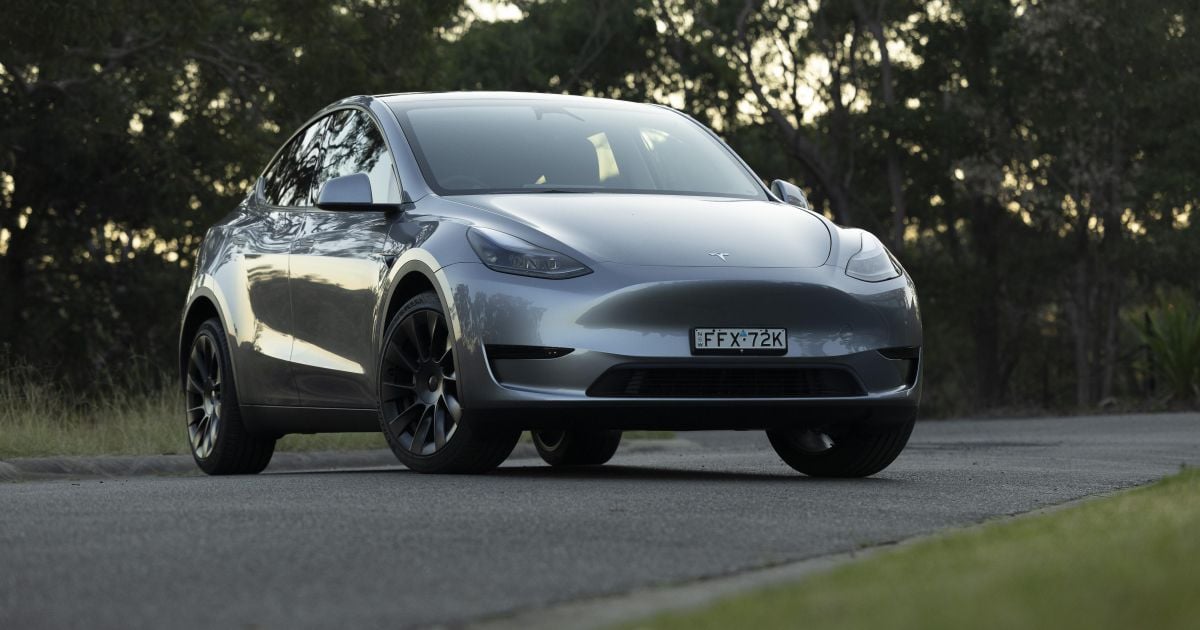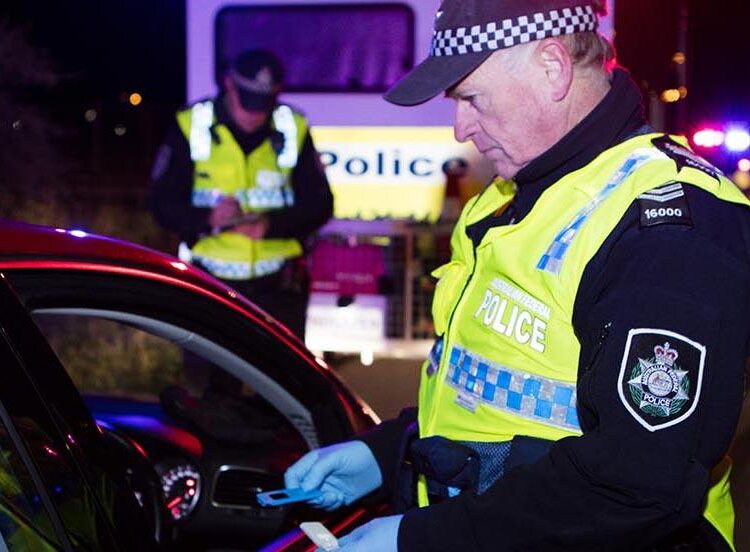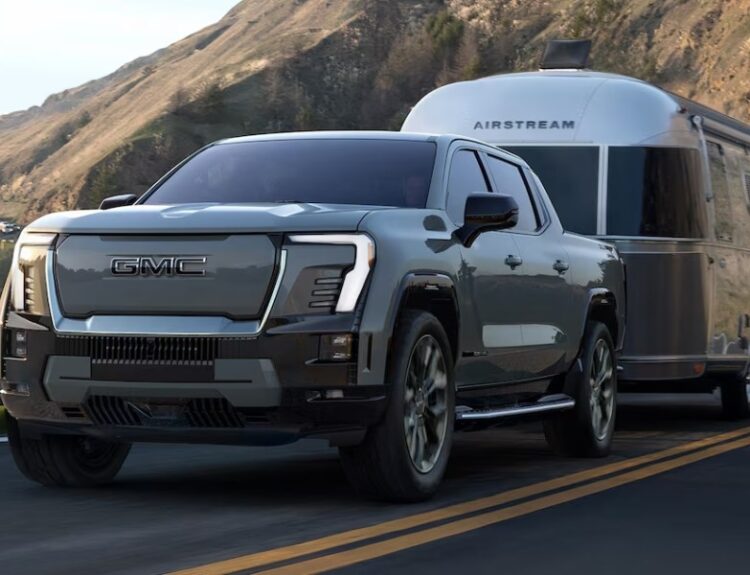In 2024, Australia saw a notable increase in electric vehicle (EV) sales, with a total of 91,292 units sold, marking a rise of 4.7% from the previous year. This increase allowed EVs to capture 7.4% of the overall automotive market, a slight upward shift from 7.0% in 2023. When including electric trucks from Foton Mobility and SEA Electric, the combined figure reaches 91,495.
These statistics are drawn from comprehensive data provided by the Federal Chamber of Automotive Industries (FCAI) and the Electric Vehicle Council. Despite the growth in EV sales, the increase has not matched the explosive rise seen in 2023 when sales surged by 160% compared to 2022. While the EV sector continues to expand, it has done so against a backdrop of declining sales in petrol-powered vehicles, which fell by 10.1%, and diesels, which saw a 2.5% decrease. In contrast, hybrids and plug-in hybrids demonstrated remarkable growth, increasing by 76% and 100.2%, respectively.
Among automotive brands, Tesla remained the dominant player in the EV market with a commanding 42% share, although this figure represents a significant drop from the 53% it held in 2023. The decline in Tesla’s volume was primarily driven by a 16.9% reduction in shipments of its popular Model Y, as competition intensified. BYD, on the other hand, experienced a substantial 64.5% increase in sales, thanks in part to the introduction of its inaugural plug-in hybrid in Australia. MG took third place in the rankings, also enjoying a 39% rise in sales, while BMW made notable strides, leaping to fourth place after increasing its sales by an impressive 160%. In contrast, Volvo reported a slight downturn of 2.2%, despite the much-anticipated launch of the EX30.
The remainder of the top ten was comprised of brands such as Kia (up 18.8%), Hyundai (up 11.3%), Mercedes-Benz (down 18.4%), Polestar (down 30.3%), and GWM, which saw significant growth of 132.9%. Notably, Cupra fell out of the top ten, with sales of its sole EV, the Born, plummeting by 47.6%.
The year 2024 also witnessed the arrival of several brands introducing their first electric vehicles in Australia, including Toyota, Subaru, Skoda, Chery, and Jeep. New players like Leapmotor entered the market, although a few newcomers, such as Deepal, Xpeng, and Zeekr, were not reflected in the VFACTS sales reports.
In terms of individual models, Tesla’s Model Y and Model 3 continued to dominate, capturing the first and second positions respectively, while the MG 4 rose to third place. BYD’s Seal surpassed its Atto 3 counterpart to secure the fourth spot. The top ten list was rounded out by the BMW iX1, Volvo EX30, BYD Dolphin, BMW i4, and Kia EV6.
For a complete overview, the breakdown of total EV sales in 2024 by brand reveals a fascinating picture of the shifting dynamics within the Australian automotive landscape.
As these figures illustrate, the electric vehicle sector, while still on an upward trajectory, faces competitive pressures and a rapidly evolving market environment.
For further insights, explore how new vehicle sales have reached record highs and examine the anticipated market adjustments ahead.
Source:www.carexpert.com.au






